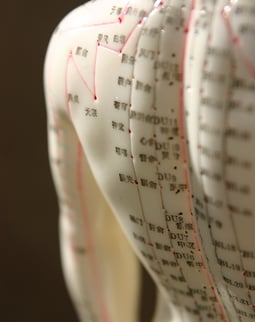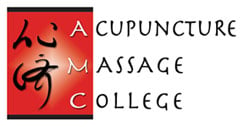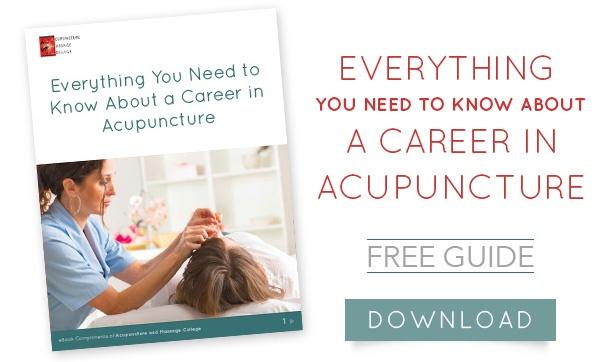 There are presently 54 schools, accredited through the Accreditation Commission for Acupuncture and Oriental Medicine, (ACAOM) for potential students of acupuncture and Oriental medicine to choose from. By attending accredited schools, students receive training that enables them to become licensed and legally practice in the majority of states.
There are presently 54 schools, accredited through the Accreditation Commission for Acupuncture and Oriental Medicine, (ACAOM) for potential students of acupuncture and Oriental medicine to choose from. By attending accredited schools, students receive training that enables them to become licensed and legally practice in the majority of states.
Accredited programs include: Master's degree and Master's level certificate and diploma programs in acupuncture, and Master's degree and Master's level certificate and diploma programs in Oriental medicine with a concentration in both acupuncture and herbal therapies. The Commission also accredits postgraduate doctoral programs, but no accredited schools at this time offer doctoral programs. Learn more here about Acupuncture and Massage College's oriental medicine program.
Accredited Acupuncture and Oriental medicine schools are somewhat similar in curriculum structure. The main difference being that Oriental medicine programs offer an extensive educational component in Chinese herbal therapy. Due to this additional component, Oriental medicine programs are lengthier than acupuncture programs.
Certain state acupuncture licensing boards require acupuncturists to have training in herbal therapy. Students seeking to practice in these states should choose an Oriental medicine program.
Aside from the primary concerns of attending an accredited school and selecting a suitable program, there are other considerations when choosing a acupuncture school or oriental medicine school. Potential students should select a program that offers a core TCM curriculum, such as that practiced today in China.
A core TCM curriculum focuses on a foundation base of traditional Chinese medicine theory, meridian theory, pathology, diagnosis, and TCM treatment principles.
This foundation base should offer educational training and practice in the concepts and techniques of acupuncture, Chinese herbology, dietary therapy, and Tui Na.Students, while training in traditional Chinese medicine, should also be introduced to associated TCM systems, such as Japanese, Korean and French acupuncture systems.
Small class sizes should be the norm, to encourage student-instructor dialogue and to ensure a supportive educational atmosphere. When preparing for critical examinations, schools should offer an additional review component, either through a specific class or through a tutoring system.
To facilitate learning, the school should have a comprehensive TCM library, which not only features TCM English and Chinese medical texts, but should also offer an extensive selection of related medical journals.
Clinic observation and practice should consist of students observing and attending to actual TCM practitioners, rather than to more advanced students, in order to develop a more in-depth understanding and knowledge of Chinese medicine. Consultative services should be available to graduates who request consultation with the school's instructors regarding patient diagnosis and treatment.
A listing of the 54 accredited and candidacy status schools can be found on ACAOM's website, at acaom.org.
To learn more about Acupuncture and Massage College's accredited oriental medicine program, contact Joe Calareso at (305) 595-9500 or admissions@amcollege.edu You can also request a catalog here.

 (305) 595-9500
(305) 595-9500







